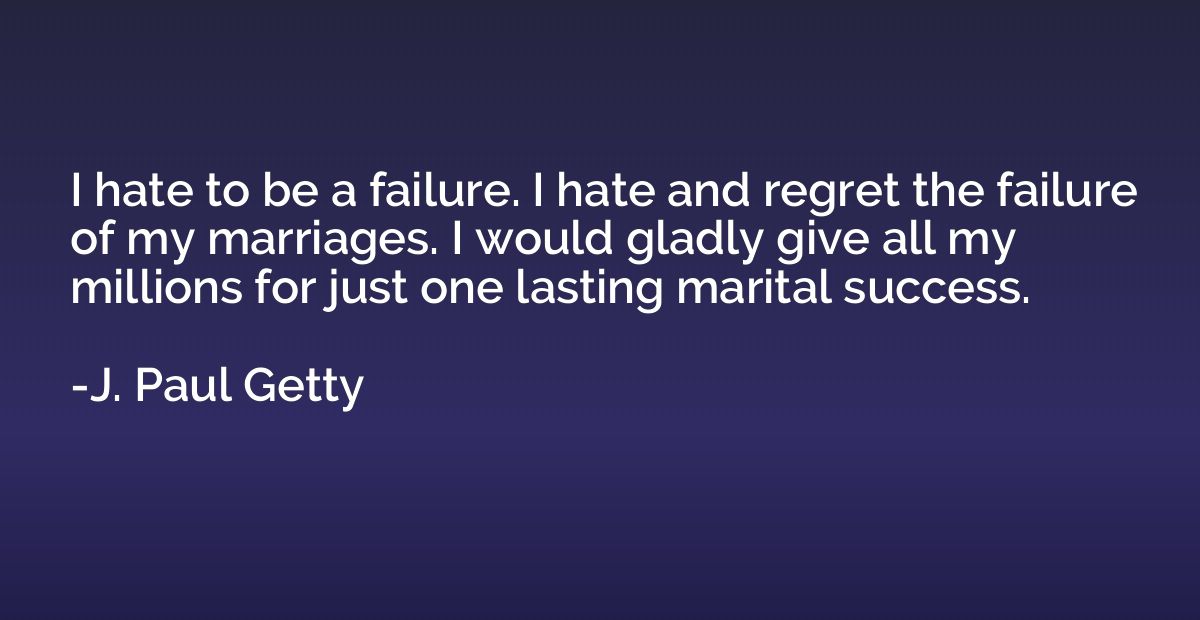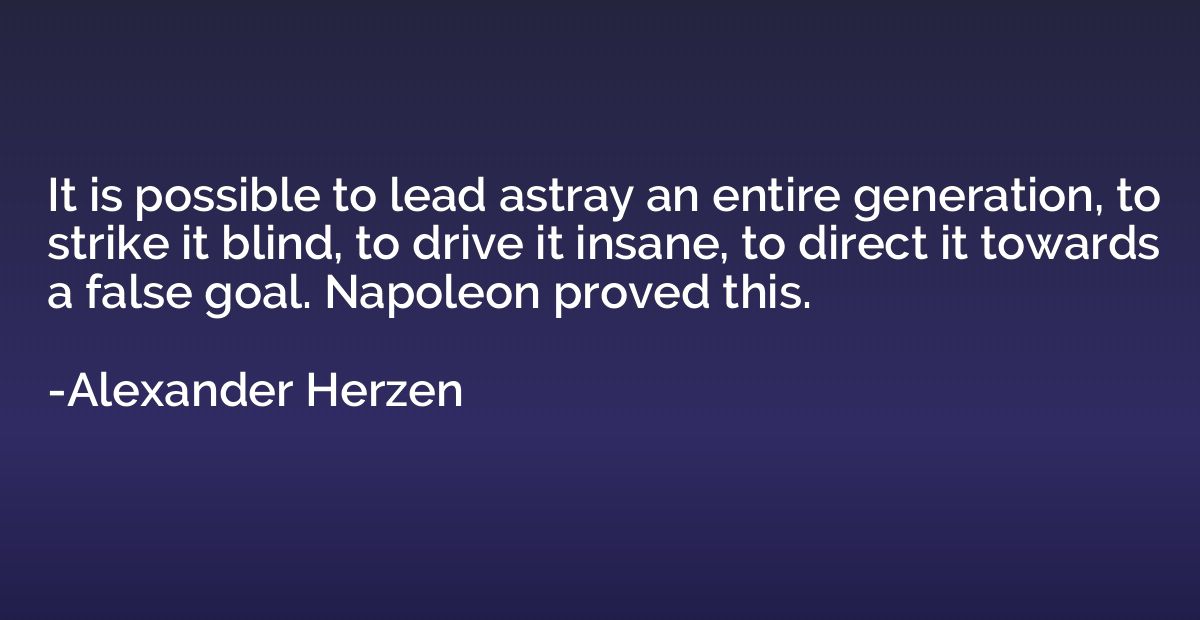Quote by J. Paul Getty
I hate to be a failure. I hate and regret the failure of my marriages. I would gladly give all my millions for just one lasting marital success.

Summary
In this quote, the speaker expresses a deep aversion towards failure and expresses regret for the failures of their past marriages. They view their marital failures as significant disappointments, going as far as willingly sacrificing their wealth for a single successful union. This quote emphasizes the importance the speaker places on finding lasting emotional fulfillment and suggests a desire for redemption in the realm of romantic relationships.














